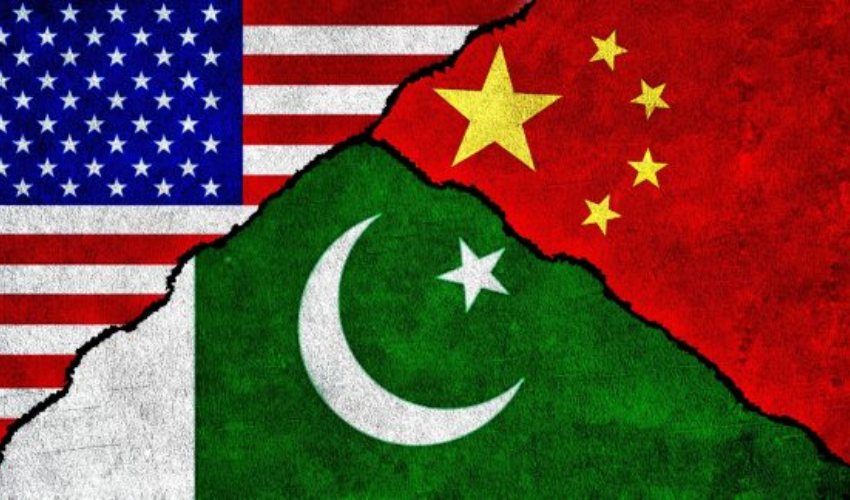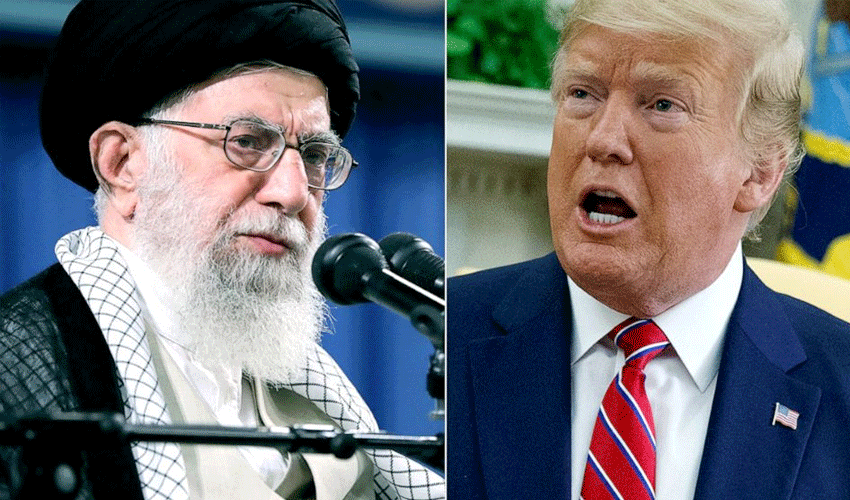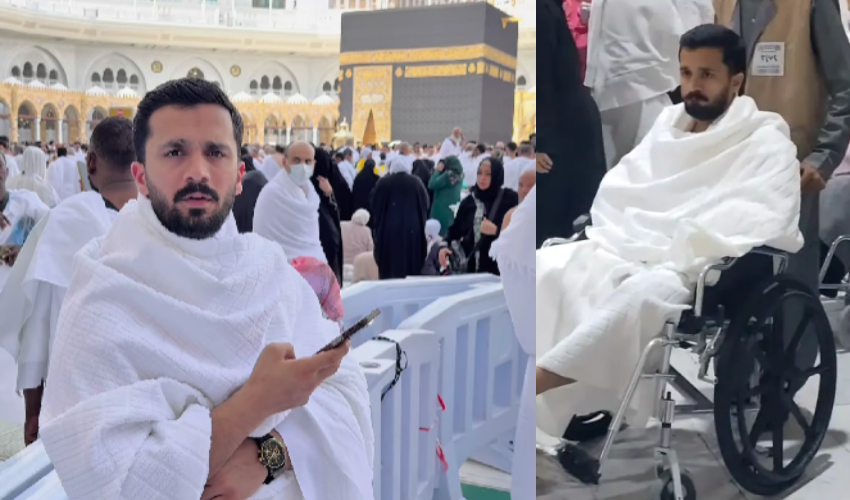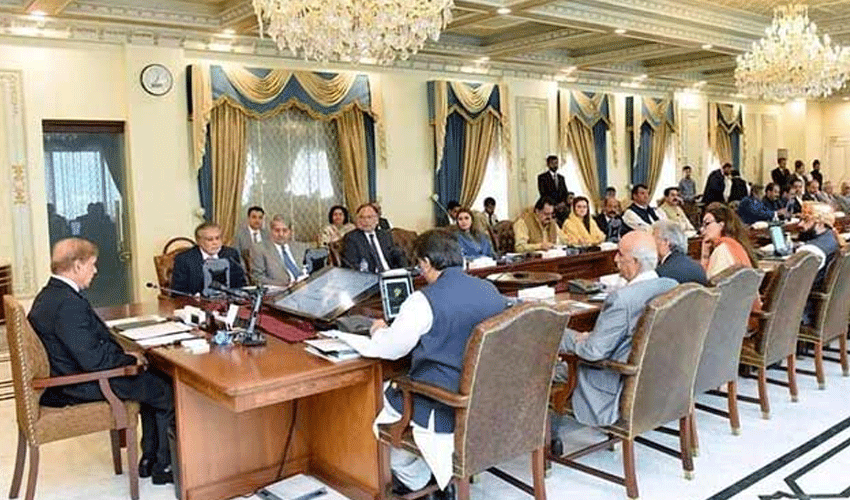South Korean lawmakers on Wednesday initiated impeachment proceedings against President Yoon Suk Yeol, accusing him of undermining the country’s democracy by declaring martial law—a decision he reversed within hours under intense parliamentary pressure.
The dramatic turn of events marks one of Asia's fourth-largest economy's most significant political crises in decades. The declaration, made late Tuesday, sparked outrage as military forces stormed the National Assembly building in Seoul, prompting immediate pushback from lawmakers and public protests.
Hwang Un-ha, a member of the opposition coalition pushing for impeachment, said, “The parliament should focus on immediately suspending the president’s business to pass an impeachment bill soonest.”
A coalition of opposition parties plans to table the impeachment bill, which, if passed by two-thirds of the 300-member legislature, would lead to a constitutional court trial.
Chaos in Assembly
President Yoon, citing unspecified threats from North Korea and alleged anti-state forces, defended his martial law declaration in a televised address. He argued the move was necessary to “protect the nation’s constitutional order.”
However, the move triggered chaotic scenes as helmeted troops broke into the parliament building, clashing with staff and protesters. Military helicopters circled overhead while parliamentary aides attempted to repel soldiers using fire extinguishers.
Within hours, 190 lawmakers, including members of Yoon’s ruling People Power Party (PPP), voted unanimously to nullify the martial law order. The president rescinded the declaration, but the damage to his political standing was already done.
Calls for resignation grow
Opposition leaders condemned Yoon’s actions, with the Democratic Party’s senior MP Park Chan-dae stating, “Even if martial law is lifted, he cannot avoid treason charges. President Yoon has proven he cannot govern. He must step down.”
The PPP, meanwhile, faced internal strife, with its leader demanding the dismissal of Defence Minister Kim Yong-hyun and calling for the cabinet’s resignation.
If impeached, Prime Minister Han Duck-soo would serve as interim leader until a new election is held within 60 days.
Economic and diplomatic fallout
The political turmoil has rattled financial markets, with the KOSPI index falling 2% and the won hitting a two-year low before suspected intervention by authorities stabilized it. The finance ministry pledged to inject liquidity to calm markets, while the Bank of Korea announced special repo operations for financial institutions.
International reactions were swift, with U.S. Secretary of State Antony Blinken welcoming the reversal of martial law. “We continue to expect political disagreements to be resolved peacefully and in accordance with the rule of law,” he said in a statement.
The crisis also led to the postponement of U.S.-South Korea defense talks and joint military exercises, as well as a delay in a scheduled visit by Sweden’s prime minister.
Protests and public outrage
Protests erupted across Seoul, with demonstrators chanting, “We won!” outside the National Assembly. The Korean Confederation of Trade Unions announced plans for a strike, demanding Yoon’s resignation.
Residents expressed deep concerns about the country’s future. “This is a dangerous precedent. The president must be held accountable,” said Kim Byeong-in, a 39-year-old Seoul resident.
Yoon’s presidency, which began in 2022 after the closest election in South Korean history, has been marked by controversy and declining approval ratings, which now hover around 20%. His People Power Party suffered a significant defeat in April’s parliamentary elections, losing control of the legislature.
This incident is reminiscent of South Korea’s fraught history with martial law, most notably in 1980, when Chun Doo-hwan used it to suppress pro-democracy movements.
While President Yoon’s quick reversal may have averted a deeper crisis, analysts believe the episode has dealt a severe blow to his credibility. Danny Russel, vice president of the Asia Society Policy Institute, remarked, “South Korea dodged a bullet, but President Yoon may have shot himself in the foot.”



























